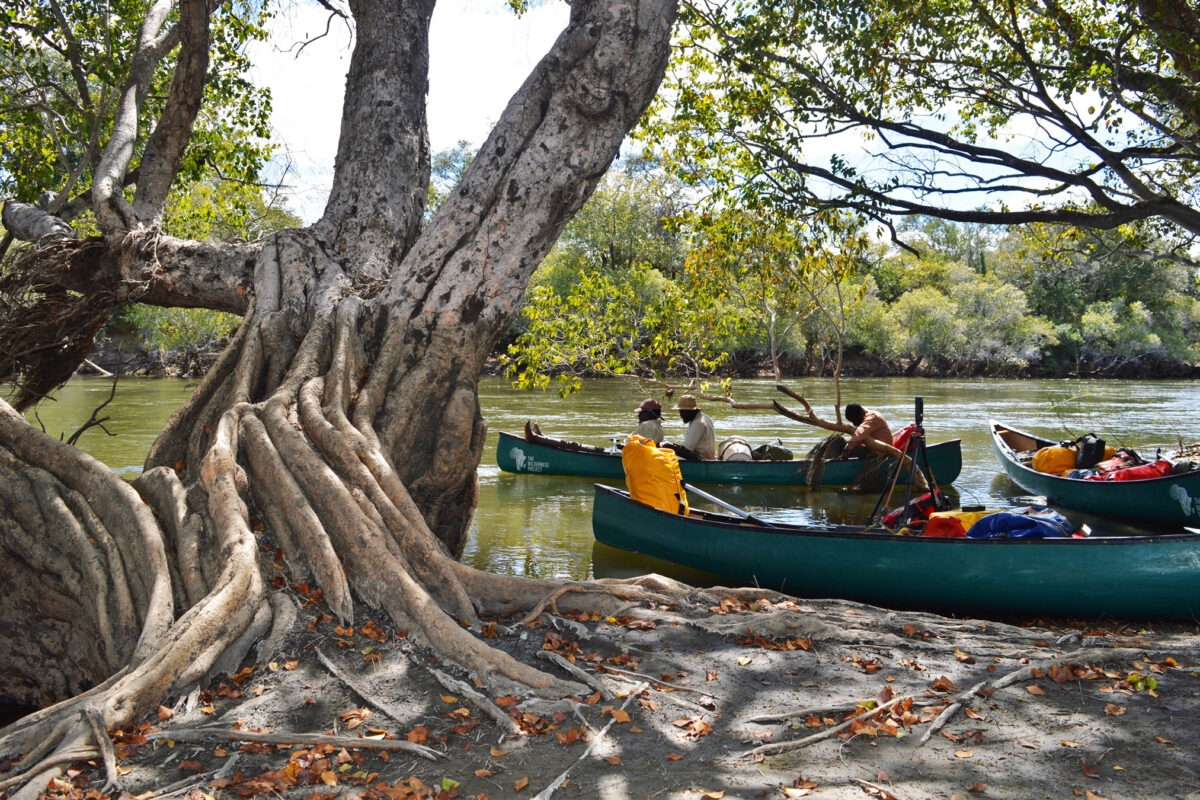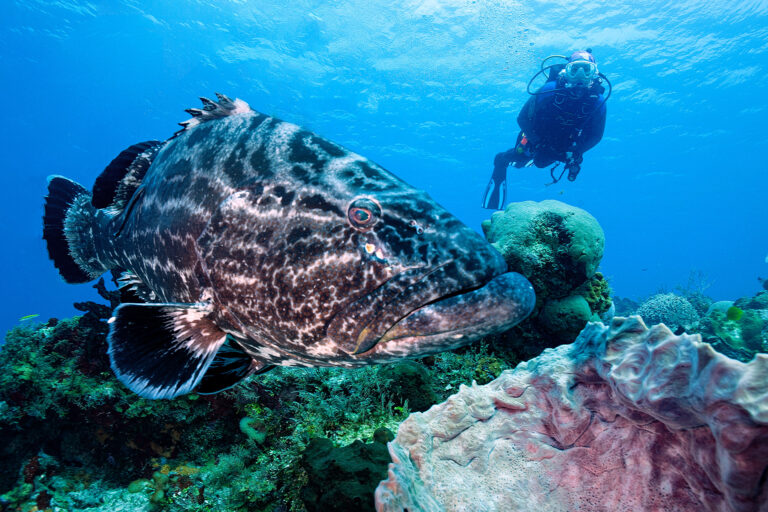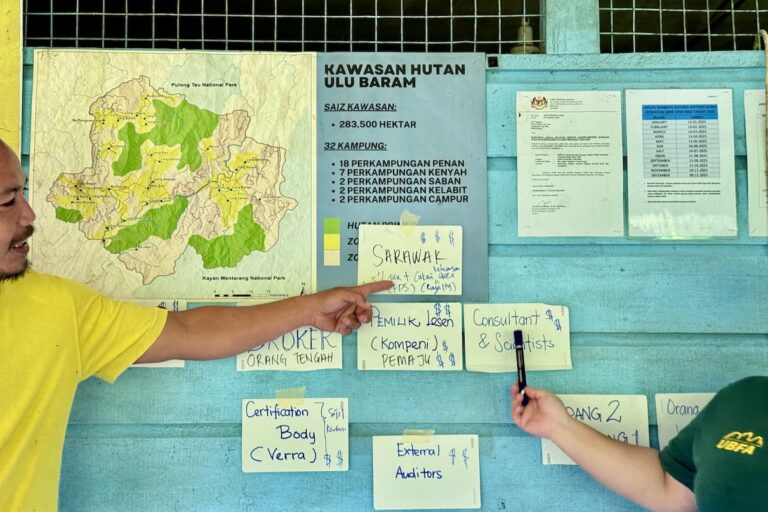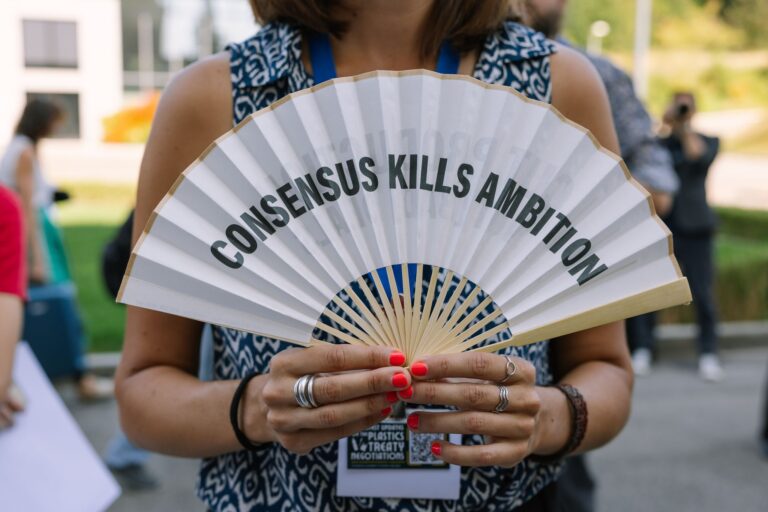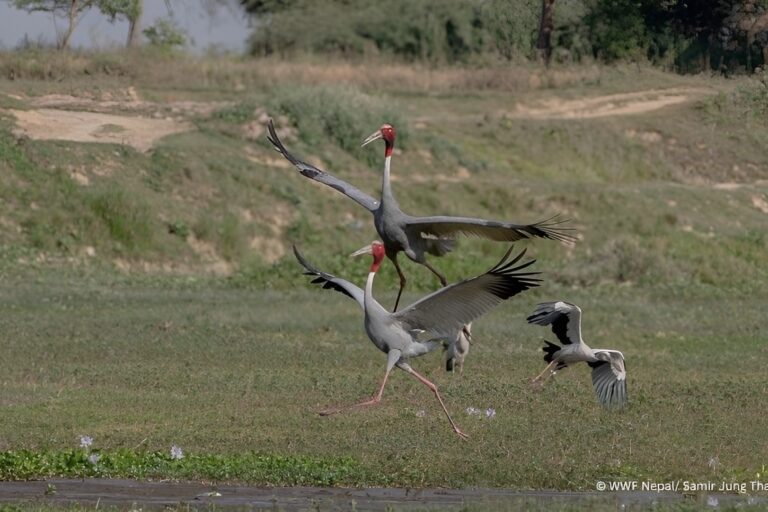- The trader worked with dealers in Indonesia’s Riau and Lampung provinces and sold carved objects across southern Sumatra and in Jakarta
- Indonesian authorities were assisted by international nonprofits the Wildlife Conservation Society, TRAFFIC and Save the Rhino
- Wildlife traders arrested in Indonesia often receive light sentences, if they are convicted at all
Authorities in Indonesia arrested a major ivory trader who had been operating across the southern half of Sumatra island, police announced this week.
The trader was picked up in the coastal city of Bintuhan, a “notorious transit point for ivory, tiger skins and other wildlife contraband,” according to a statement from the Wildlife Conservation Society (WCS), a US-based nonprofit whose Wildlife Crime Units assist law enforcers in Indonesia. Bintuhan is located in Bukit Barisan Selatan National Park in the province of Bengkulu.
The trader was said to have sourced ivory from dealers in Riau and Lampung provinces and sold carved objects in South Sumatra, Bengkulu and Lampung provinces as well as in the capital of Jakarta.
He allegedly moved at least 1.5 kilograms of carved ivory smoking pipes per month and 15 tusks worth of carved “swagger sticks” in the last five years.
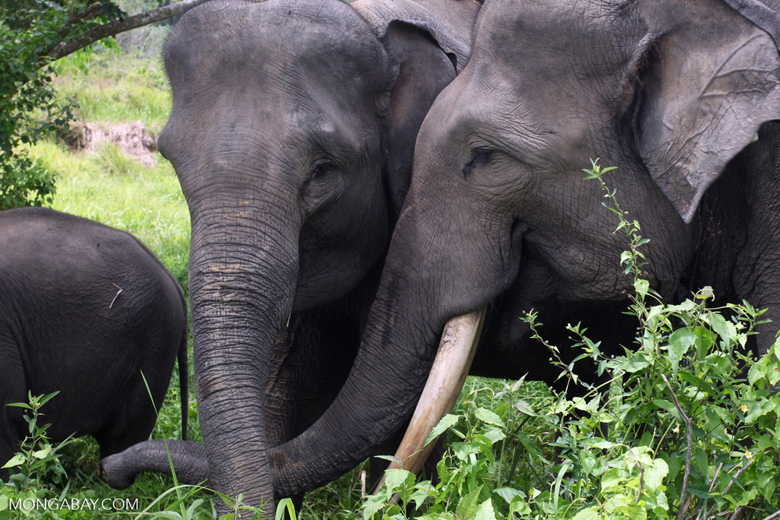
Roy Hadi Siahaan, the Bengkulu Police’s special crimes chief, said authorities were still working to crack the ivory trade and would respond to reports of poaching and trafficking.
Besides the WCS, the police were assisted in the arrest by wildlife trade monitoring network TRAFFIC and the Bukit Barisan Rhino Protection Unit, one of three Indonesian RPUs sponsored by Save the Rhino, a UK-based conservation charity.
“TRAFFIC is very encouraged to see the authorities in Indonesia take such swift and decisive actions against illegal ivory dealers, and they are to be congratulated,” said Chris Shepherd, regional director for TRAFFIC in Southeast Asia. “Only through efforts like this will we see an end to the relentless poaching and illegal trade.”
Wildlife traffickers arrested in Indonesia usually receive light sentences, if they are convicted at all.



